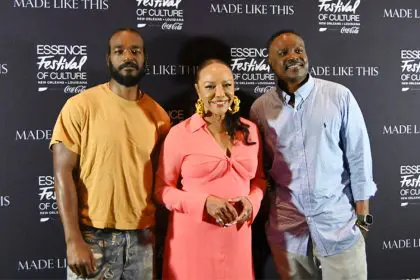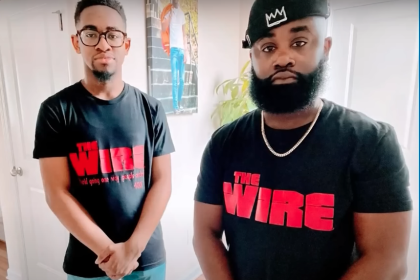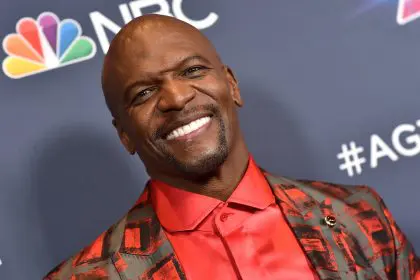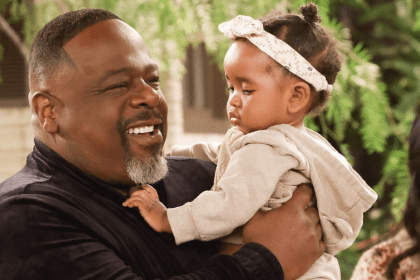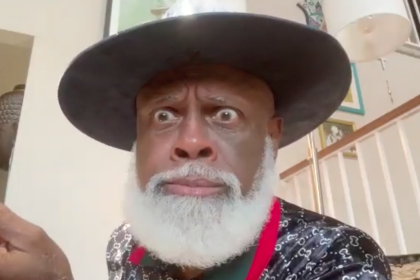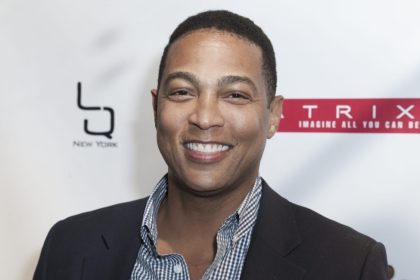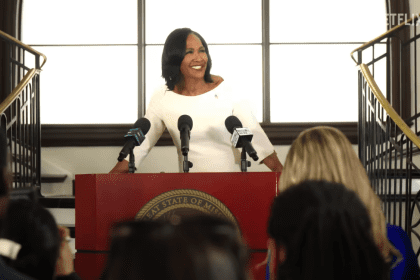In the fall of 2020, producer Jon-Thomas Royston released his first feature-length documentary titled Black Boys, which aired on NBC Peacock, showcasing the power boys of all ages have in this world to be amazing. Royston is now a part of the documentary Black Girls, which highlights Black women of all ages and how necessary it is to invest in Black stories within our communities and worldwide.
Royston spoke with rolling out about the film and how Black men can support Black women.
Why was it important for you to work on this film?
I spent a good three years with our team at Never Whisper working on the film Black Boys, and I feel like once it came out, specifically in 2020, around the same time that George Floyd was murdered, I felt like the conversation of what the Black community means and what we need as a people wouldn’t be complete without really bringing in Black women and Black girls into that conversation. We were able to bring in a phenomenal team of producers. Our director, B.Monet, is on the producing side. We had people like Amani Dixon, who did a lot of work on the commercial side; we had Sabrina Schmidt Gordon, who’s an Academy member who has a number of films and is one of the best story producers I’ve ever worked with, and just a team of incredibly amazing Black women who really brought the story to life and in a way that was really geared towards celebration and really geared towards healing.
With this docufilm being solely based on women, how are we all able to understand what’s going on as Black men, and how were you able to navigate through that while on set?
I feel that when it comes to Black women, there’s such depth and magic to what they’ve been able to bring to our community, the proper Black community, but also to the world and to America. When it comes to looking at most socially progressive movements in history, Black women are at the forefront, whether they’re being recognized or not. They’ve really been able to find this sense of internal validation that I feel like everyone has the ability to contribute to and learn from. In this instance, working with these incredible Black women, both on the production side, behind the camera, and also in front of the camera, gave me, as a Black man, permission to feel. I feel like that’s something that for any Black man who is watching this, and for any Black man who has the ability to empathize with these narratives, their story is your story.
Whether it’s determining how you can support someone, whether it’s a mother or something of that nature, or understanding the way in which you’re showing up in the community and how you can meet those needs. The team did a phenomenal job of creating that resonance for everyone who’s going to view it and also for me as an individual producer and creator.

